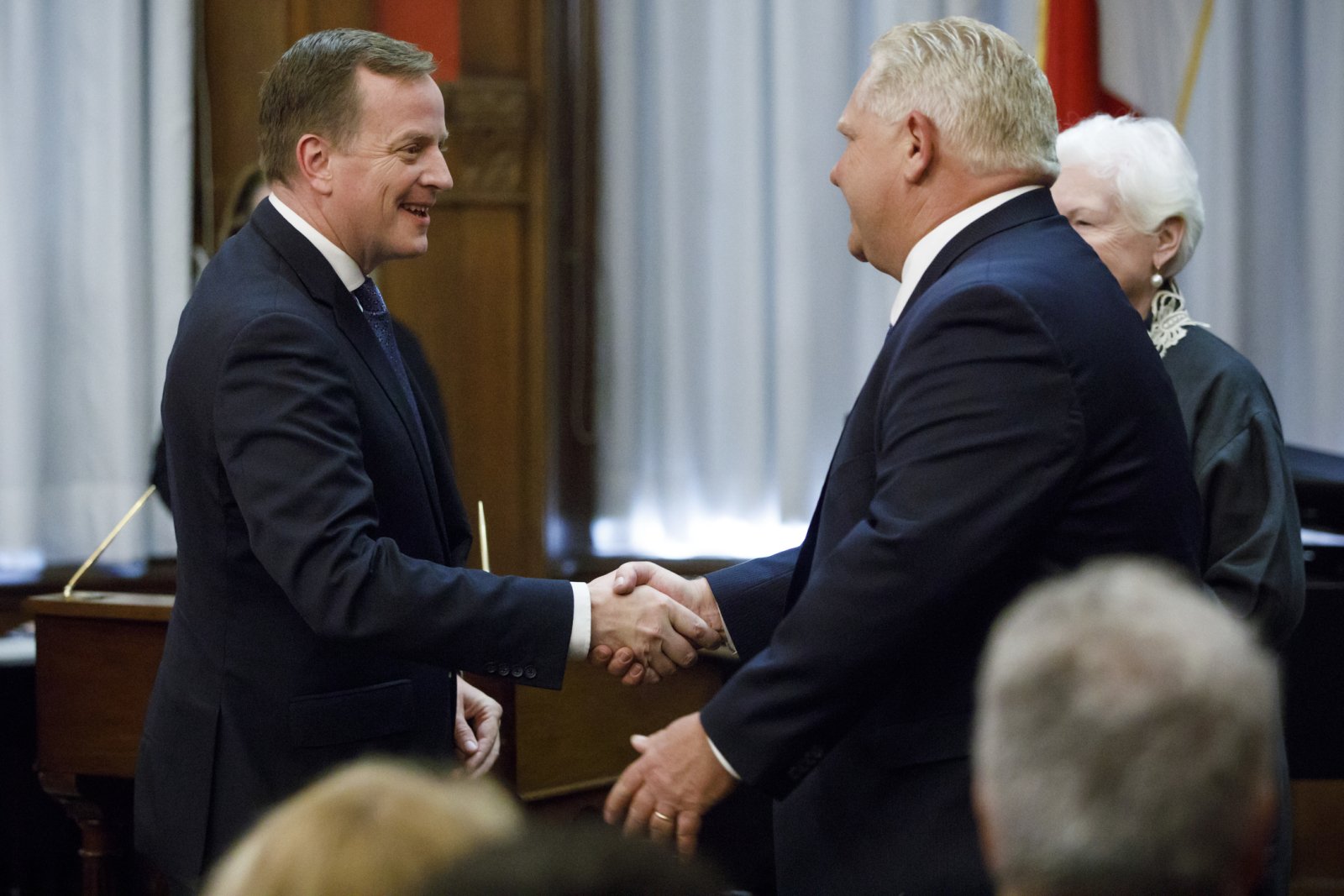Decarbonisation will require intervention at all levels of government – from London to Edinburgh and beyond.

We are currently 109 days into the ‘Climate Emergency’ declared by Scotland’s First Minister, Nicola Sturgeon, on 28 April 2019 — while 106 days have elapsed since the UK Parliament followed suit on 01 May.
That the rhetoric of national emergency was never going to result in any tangible change may not be surprising. In both Edinburgh and London, the gulf between words and action is a vivid demonstration of how a lack of agency, fed by a diet of market-centric solutions, has framed our entire experience of the climate crisis to date. As Naomi Klein persuasively puts it, ‘we collectively lack many of the tools that built and sustained the transformative movements of the past.’
But the question of what the state once did, and might do again, has a distinct political resonance in Scotland. As BBC journalist Alan Little has argued, the decline of an interventionist British state from 1979 onwards — which once created ‘bedrocks of British identity’ in working class communities — opened up a vacuum that a reasserted Scottishness seemed destined to fill.
The decline of totemic heavy industries that once dominated the Scottish economy — defined in the national memory by historic conflicts from the Upper Clyde Shipbuilders work-in in 1971, to the closure of Ravenscraig steel works in 1992 — were faced off as existential threats, not just to Scotland’s economy, but in a deeper sense, to its identity too. As a result, although largely muted today, Scottish nationalism once spoke explicitly in terms of resistance to neoliberal orthodoxy.
With emissions currently around half 1990 levels — no doubt aided by the closure of Ravenscraig itself (once the largest facility of its kind in Western Europe) — the SNP are keen to project climate change as an issue where Scotland can pursue ‘world leading’ ambition.
But, with a new climate change act on its way through Holyrood, the historic depletion of Scotland’s industrial base, and the capacity and willingness of the state to play a bigger role in the economy, is likely to become increasingly significant in determining whether an ambitious net-zero target can be met. This is what I investigate in my recent report for Common Wealth on Green New Deal devolution.
The cosy neoliberal consensus in economic affairs (exemplified in the SNP’s 2018 Sustainable Growth Commission) that has held sway since the advent of devolution, is already having to confront the cold hard reality of delivering on these major commitments in a post-industrial society. This is partly due to the fact that many of the easiest steps have already been taken — such as the closure of the massive coal-fired Longannet power station. Over the coming years, the challenges involved in decarbonising transport, heating, agriculture and land will require a step-change and levels of state intervention on a scale not yet seen in the devolution era.
The extent of these deep-rooted challenges recently found expression in the Fife – Ready for Renewalcampaign led by the Scottish Trade Union Congress. The campaign has called for greater planning and intervention in response to the current boom in offshore wind deployment — which has not delivered anticipated job numbers onshore. While recently rescued Fife firm Bi-Fab has picked up a contract to build a small number of jackets for the new Neart na Gaoithe wind farm, there has been outcry that the bulk of this work has gone to a firm based in Indonesia. This new multi-billion pound installation will be conspicuously visible from the string of post-industrial towns along the Fife coast, with their numerous areas of multiple deprivation.
The SNP government points out that systematic change can only be delivered with the full powers of statehood. As recent volatile exchanges within the Labour Party have shown, a significant faction within the party feel that any form of collaboration with Nicola Sturgeon’s MPs at Westminster can only give succour to separatism.
However, a UK-wide Green New Deal Programme should be a natural area for practical collaboration. MORE
RELATED:






/cdn.vox-cdn.com/uploads/chorus_image/image/63399235/GettyImages_1141803029.0.jpg)